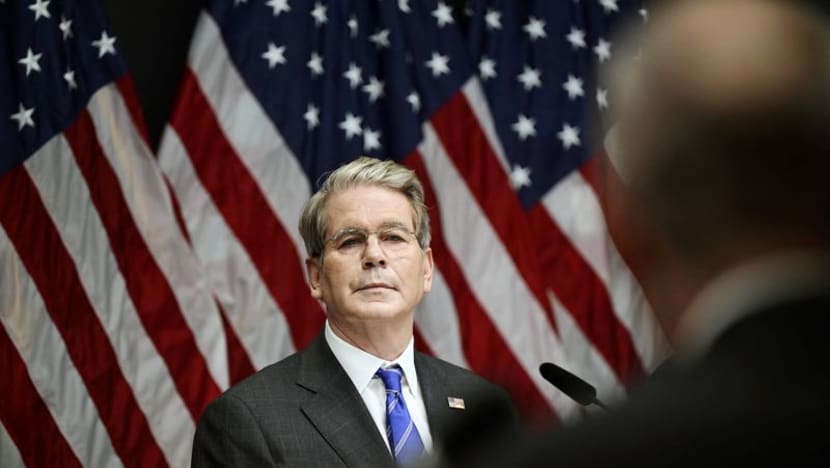

U.S. Treasury Secretary Scott Bessent has again criticized India for its increased purchases of Russian oil, accusing the nation of "profiteering" amidst the ongoing war in Ukraine. Bessent stated that Washington views the situation as "unacceptable".
In an interview on Tuesday, August 19, 2025, Bessent told CNBC that Russian oil now constitutes 42% of India's total oil purchases, a significant increase from less than 1% before the war. He contrasted this with China, a long-time buyer of Russian oil, whose purchases have only risen to 16% from 13%. Bessent described India's actions as "Indian arbitrage," explaining that India is "buying cheap Russian oil, reselling it as product". He added, "They are just profiteering. They are reselling," and that they have made $16 billion in excess profits, which went to some of the richest families in India.
This isn't the first time the Treasury Secretary has targeted India regarding its Russian oil acquisitions. He had previously warned of potential secondary tariffs if President Trump's talks with Russian President Putin in Alaska didn't yield positive outcomes. Bessent also urged European allies to match U.S. penalties, pointing out that European nations were still buying refined products from Indian refineries processing Russian crude.
India's Foreign Ministry has defended the country's energy trade as a matter of national interest. They argue that affordable Russian oil is crucial for meeting India's growing energy needs and protecting consumers from global price shocks. They also pointed out that the United States and the European Union continue to trade with Russia. India has called the tariffs “unjustified and unreasonable” and has said that it will take all necessary measures to safeguard its national interests and economic security.
President Trump has already announced an additional 25% duty on Indian exports to the U.S., effectively doubling tariffs to 50%. He has threatened more penalties, specifically targeting Russian oil buyers like India, arguing that the tariffs were instrumental in pressuring Moscow into talks.
Despite the criticism, previous statements from U.S. officials indicate a more nuanced stance. In 2022, then-Treasury Secretary Janet Yellen stated that the U.S. was comfortable with India buying Russian oil, even above the G7-imposed price cap, provided they avoided Western services subject to the cap. She also noted that the price cap would give India, China, and Africa bargaining leverage. Former U.S. Ambassador to India Eric Garcetti also said that the U.S. had encouraged India to purchase oil from Moscow to stabilize global oil prices.
The current situation has led to increased tensions in U.S.-India relations. Trade negotiations have stalled, and a planned visit by U.S. trade negotiators to New Delhi was recently cancelled. However, India has made some conciliatory gestures, such as temporarily lifting an 11% import duty on cotton.
Democrats on the House Foreign Affairs Committee have criticized the Trump administration's approach, arguing that tariffs on India will not deter Putin and urging the administration to focus on directly punishing Putin and providing aid to Ukraine.